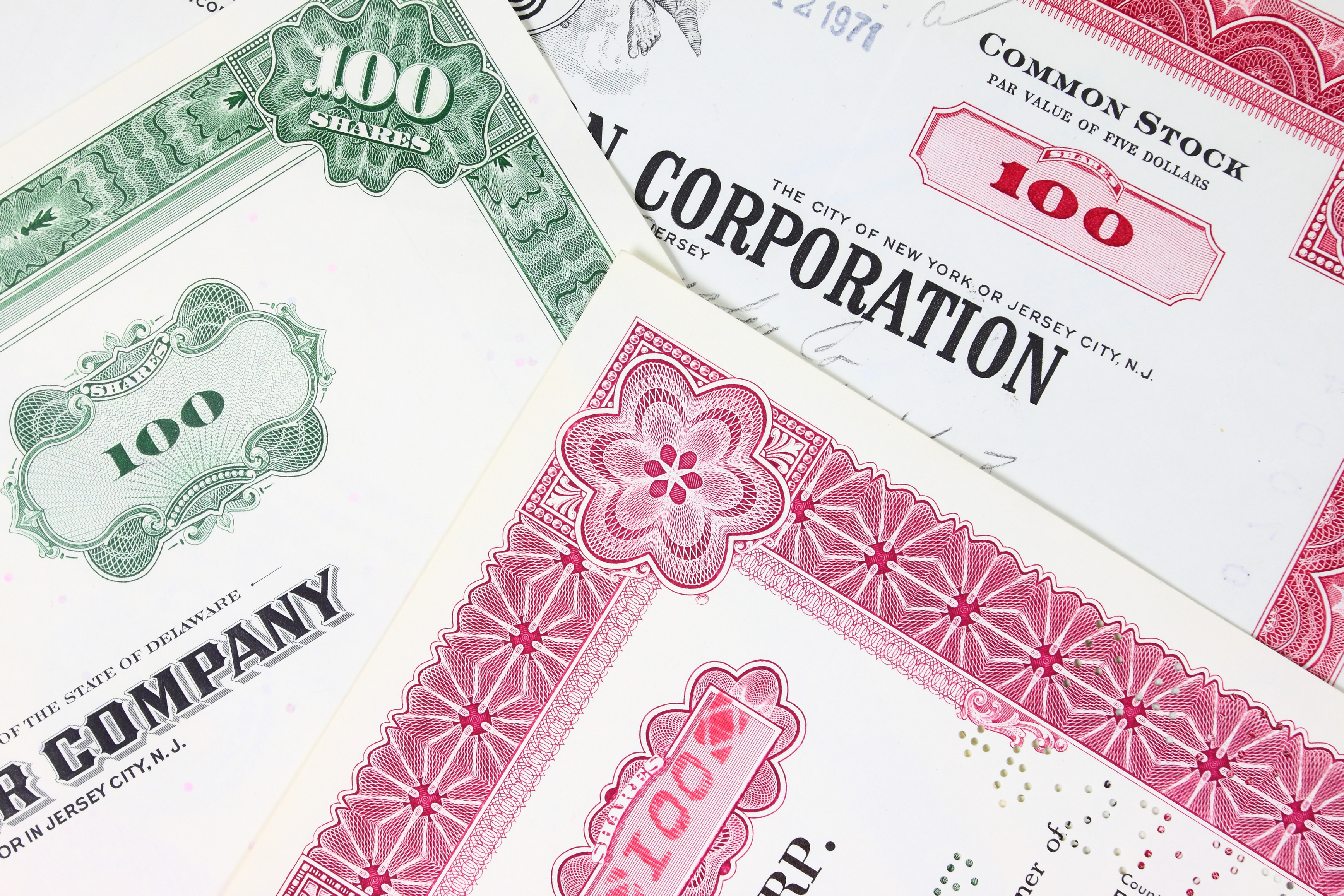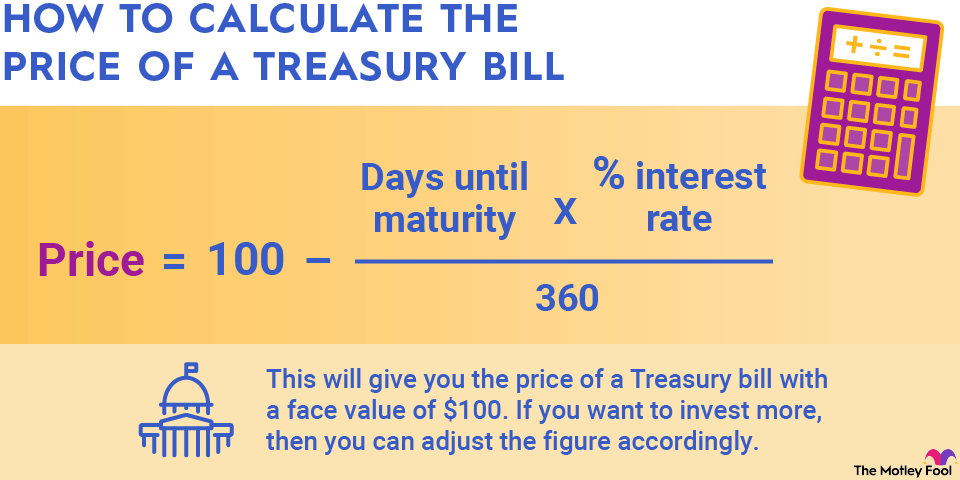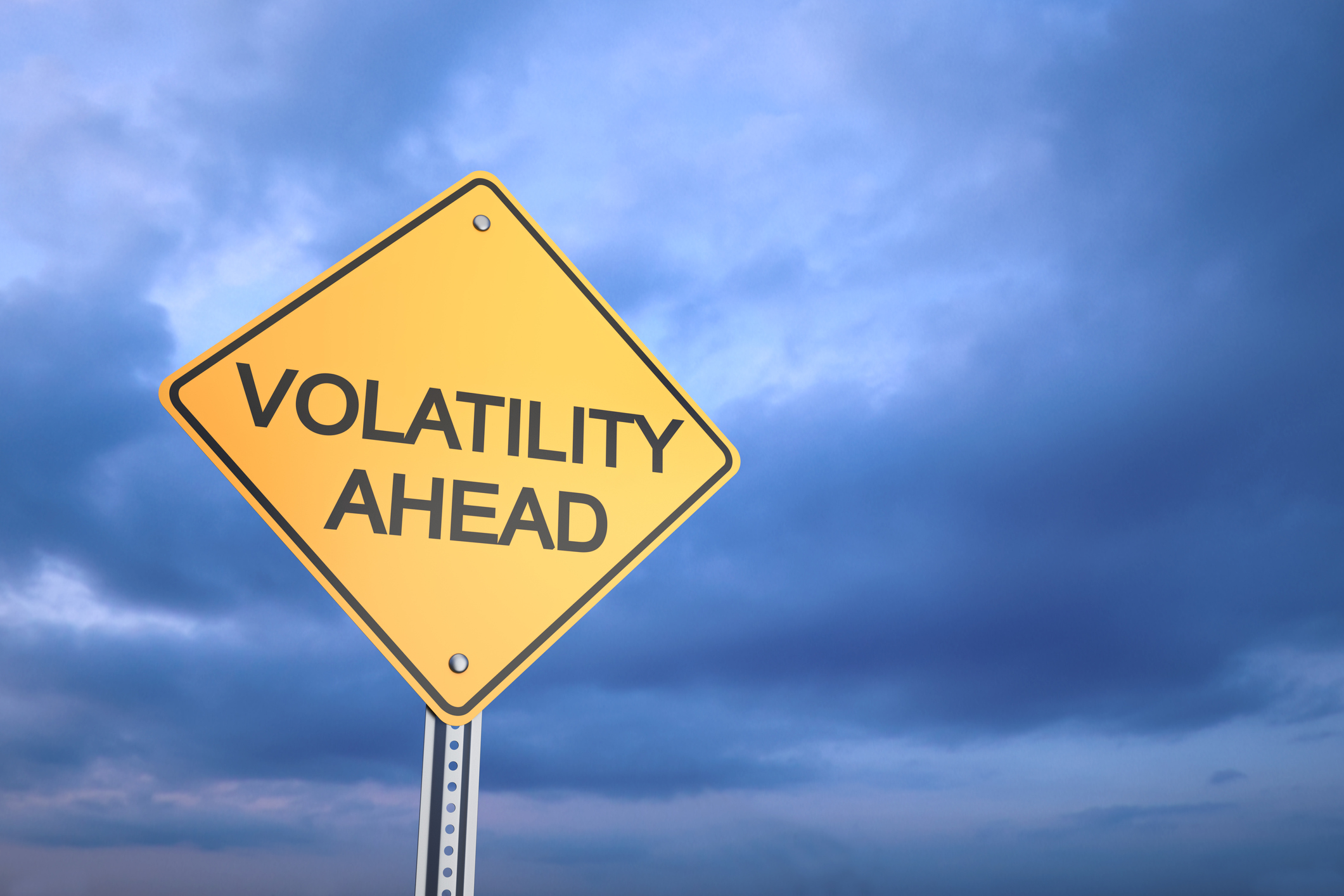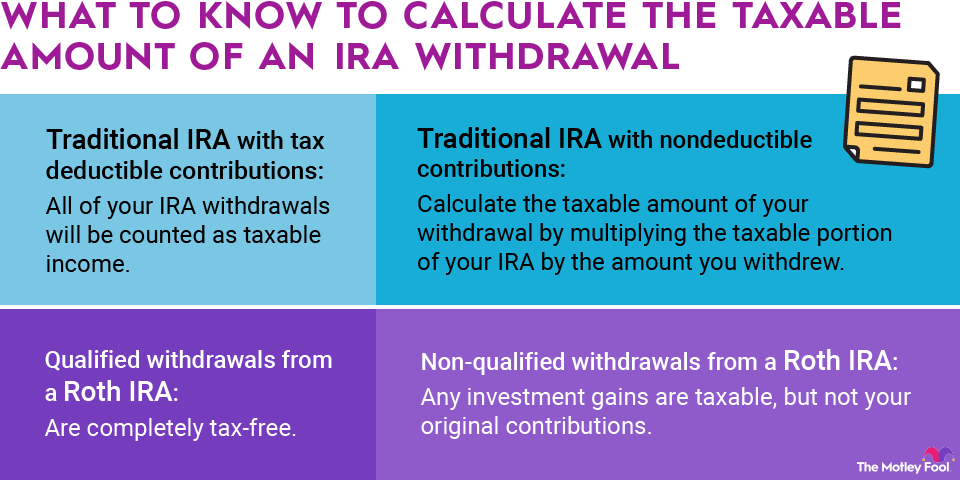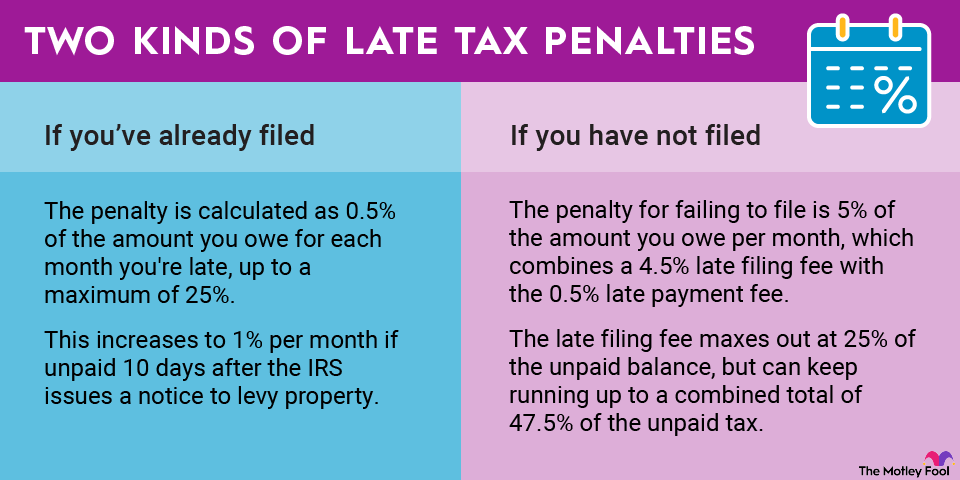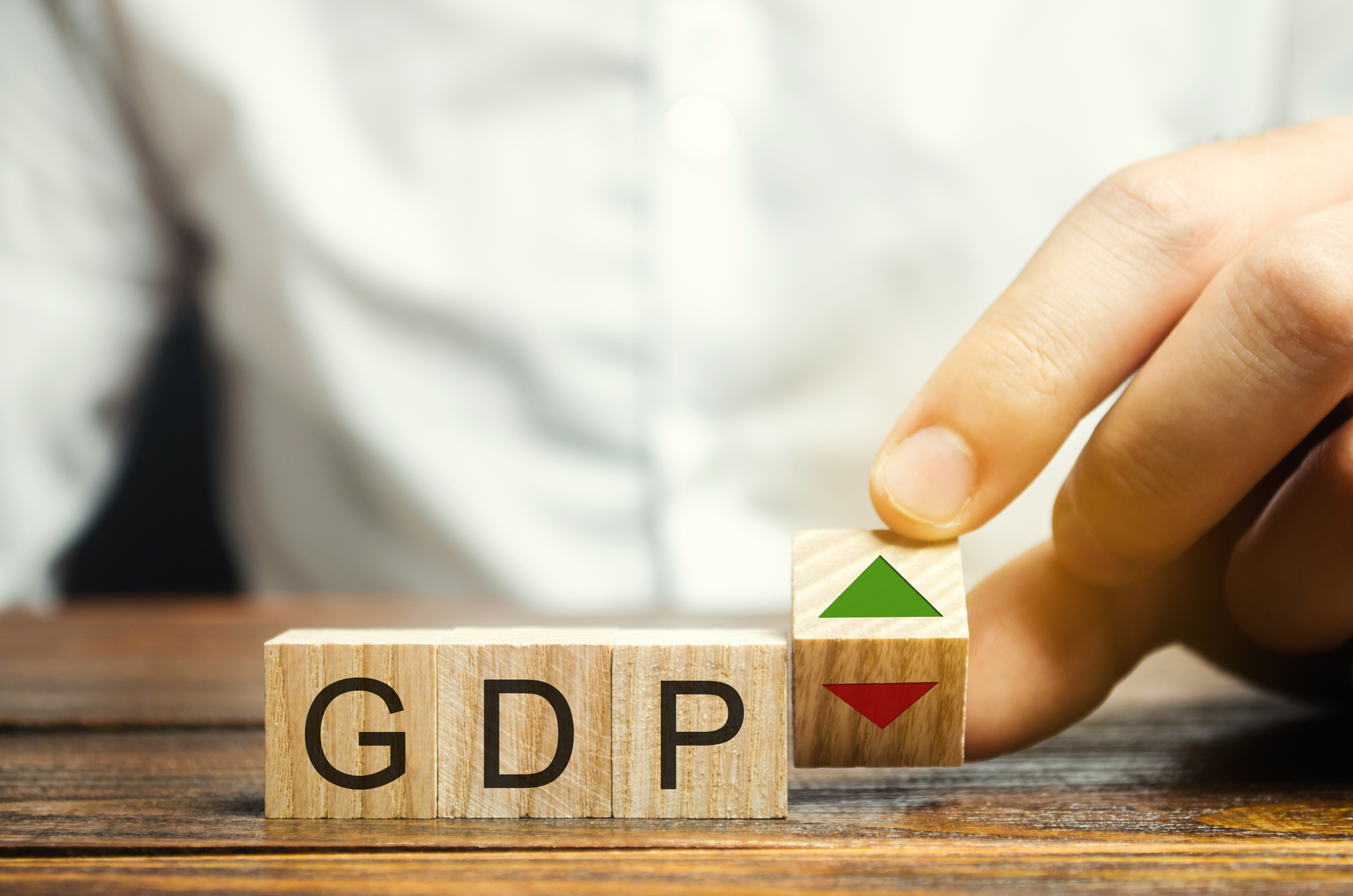Most stock market investors focus on ordinary common shares of a company's stock, but there are other types of securities that can give investors different types of exposure to a company. Stock warrants offer investors a leveraged opportunity to profit if the underlying stock rises in value, but each warrant has different terms that investors have to understand to calculate its true value. Let's take a closer look at stock warrants and how to value them.

The basics of stock warrants
A stock warrant gives the holder the right to purchase additional shares of stock at a specified price within a certain time frame. The warrant doesn't obligate the holder to buy, but rather merely gives the holder the option to do so. Because the warrant isn't mandatory, its value can never go below zero.
There aren't any standardized guidelines for structuring warrants, so each warrant has unique characteristics. Some companies allow warrant holders to buy one share of stock for each warrant owned, while others require multiple warrants for a share purchase. The price the warrant holder has to pay for the shares, which is known as the exercise price, also varies. Some warrants give investors only a short period to exercise, while others extend for years into the future.
Calculating warrant values
The valuation of warrants resembles the pricing of stock options, and complicated formulas attempt to establish the fair market value for such securities. However, there are some simple guidelines you can follow in calculating the appropriate value for a warrant.
First, warrants have intrinsic value. If the stock price is above the exercise price of the warrant, then the warrant's intrinsic value equals the difference between the two prices, with an adjustment if the warrant isn't exercisable for shares of stock on a one-for-one ratio. The intrinsic value sets a lower bound on the market price of the warrant, because if the market price were cheaper, then an investor could buy warrants and immediately exercise them and make a profit.
Also, warrants have time value. The longer a warrant has before it expires, the greater its value will be. That's because the further away the expiration date is, the more time the underlying stock has to rise in value. That gives the warrant more value to the holder, who doesn't have to commit funds until exercising the warrant.
Related investing topics
Finally, prevailing interest rates can also have an impact on warrant prices. The higher the interest rate, the more valuable it is to hold a warrant rather than having to spend the full share-price amount to buy shares outright.
Calculating an exact value for warrants is only possible by making theoretical assumptions about the future. By understanding these basics of warrants, though, you can get a good handle on whether the price of a warrant is reasonable or represents an opportunity.




